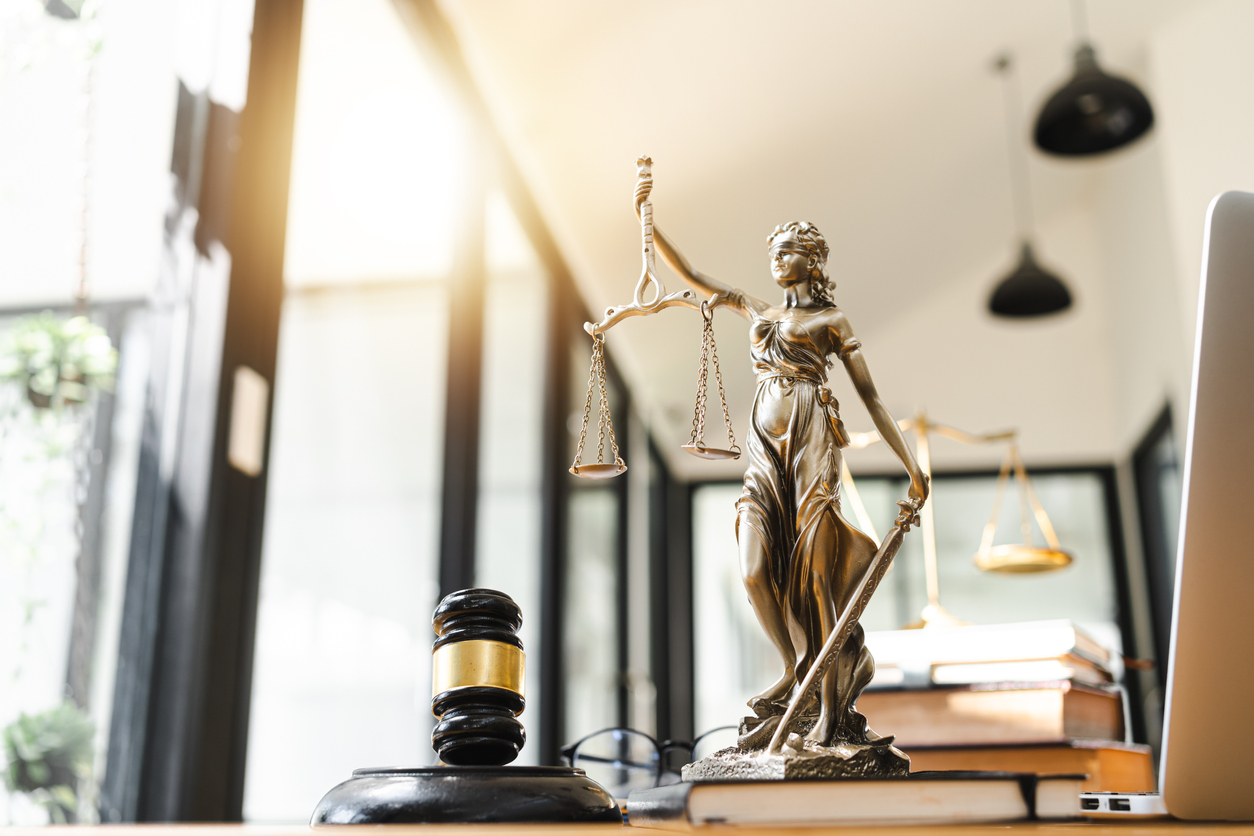3 Elements of Standing To Sue in Phoenix
July 19, 2023 | Personal Injury

Standing to sue is a legal term referring to an individual’s right or ability, recognized by law, to start a lawsuit. The law does not allow everyone with complaints or disagreements about others’ behavior to be eligible parties for lawsuits. A direct impact must be present on the complaining party to have legitimate grounds for filing a lawsuit, among other factors.
There are typically three elements involved in having the standing to file a lawsuit:
Injury-in-Fact
The person pursuing the lawsuit must have suffered a tangible and concrete injury as a result of someone else’s actions. This injury can be physical, monetary, or emotional, but in many cases, a physical injury is required.
Suppose two people are involved in an accident with each other (Person A and Person B). If Person C was not at all connected but heard about this incident on TV and attempted to file a case against both parties, they would lack “standing.” This is because they haven’t suffered any direct injury or personal loss as a result of this event which does not have any bearing on them.
Examples of Injuries That Could Lead to a Lawsuit
Here are three examples of personal injury cases where plaintiffs are likely to have standing to sue:
- Car Accidents: Car accidents are a common cause of personal injury lawsuits. A driver or passenger injured in an accident caused by someone else’s negligence can sue the at-fault party for damages, including medical expenses, lost wages, and pain and suffering.
- Defective Products: Manufacturers have a responsibility to ensure their products are safe for use by consumers. If a person is injured due to a defect in a product, they may have standing to sue the manufacturer for compensation related to their injuries.
- Slip and Fall Incidents: Property owners are responsible for maintaining safe premises for visitors. If someone is injured on someone else’s property due to negligence in maintaining the area, the injured person may have standing to sue the property owner.
A wide range of scenarios can give rise to a personal injury claim beyond those that you see here.
Causation
Causation is another element required to establish standing. You must demonstrate a causal link between the at-fault party’s conduct and your injuries. You will also need to prove causation to win your personal injury case – in that context, both factual and proximate causes are necessary.
Redressability
Lastly, the plaintiff must show that their injury can be redressed or remedied by the court’s decision. In other words, a potential outcome should provide relief or compensation for the plaintiff that would make them whole again or as close to their pre-injury state as possible.
Types of Redress in a Personal Injury Case – Damages
If you have standing to sue, it’s important to understand the types of redress – or compensation – you may be entitled to. This can include economic damages and non-economic damages. The most common types include the following:
Medical Expenses
This is often one of the largest parts of any personal injury claim. Costs include both immediate and future medical needs related to your injury, like hospital stays, rehab services, physical therapy, surgeries, and medication.
Lost Income
If you cannot work because of an injury sustained from the negligent act of another person or entity, you might be entitled to compensation for lost wages. This also covers loss in earning capacity if your ability to earn has been compromised permanently by injuries.
Property Damage
If any property was damaged during an incident that led to personal injury—like a car being damaged during a crash—you might be able to recover the cost associated with its repair or replacement.
Pain and Suffering
Being hurt isn’t just about money spent or wages lost—it’s about physical pain and emotional suffering too. Compensation under this category recognizes these types of non-economic harms suffered by accident victims, even if they can’t be objectively defined by a monetary value.
Loss of Consortium
This refers to relationships being disrupted by the extent of the victim’s injuries. It recognizes a spouse’s deprivation of these benefits (like company, affection, and sexual relations).
Loss of Enjoyment of Life
This refers to a situation when the victim loses the ability to take pleasure in activities they once enjoyed because of their injuries.
Contact a Personal Injury Lawyer for Help Getting Compensation
Understanding whether you have a standing to sue is the first important step in any personal injury case. If you suffered actual harm or injury that’s directly linked to someone else’s actions, then there’s a good chance you are eligible. If you need help after suffering a personal injury, contact us to schedule a free consultation.
Contact an Experienced Phoenix Personal Injury Lawyer at Runion Personal Injury Lawyers for Help With Your Claim
If you were injured in an accident in Phoenix, AZ, and need legal help, contact our Phoenix personal injury attorneys at Runion Personal Injury Lawyers to schedule a free case review today.
Runion Personal Injury Lawyers
3200 N Central Ave Suite 1100, Phoenix, AZ 85012
(602) 600-9000

